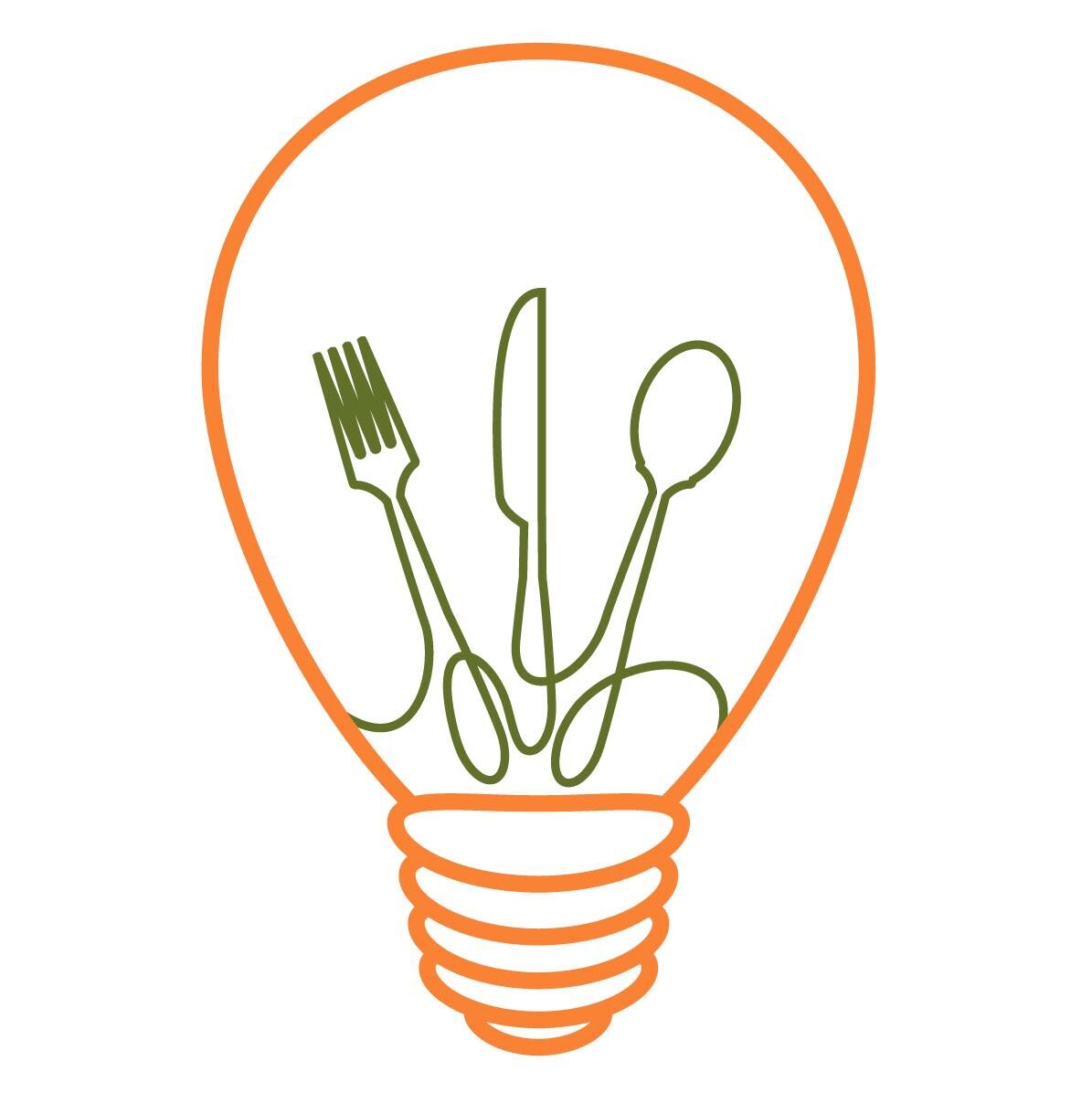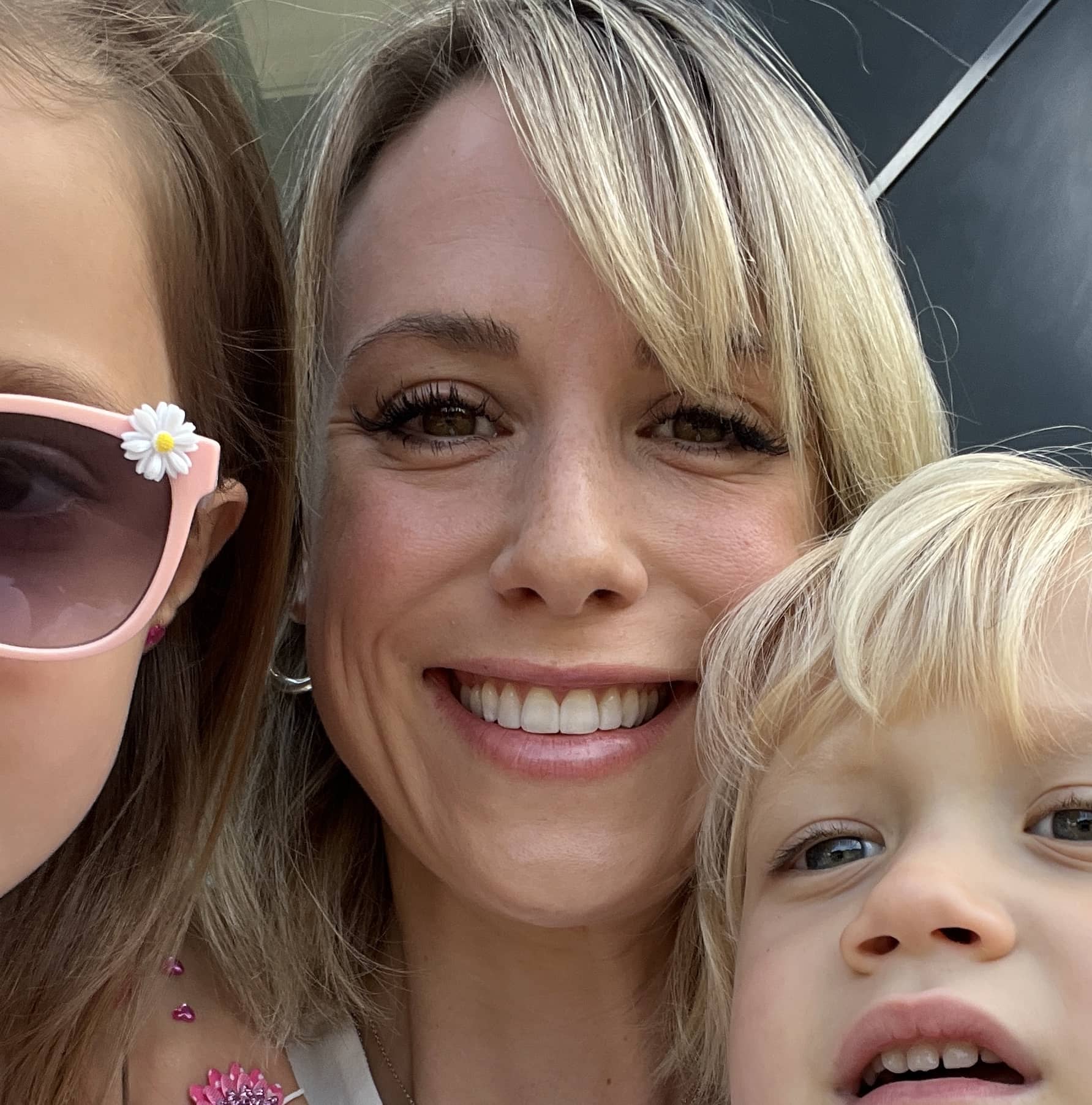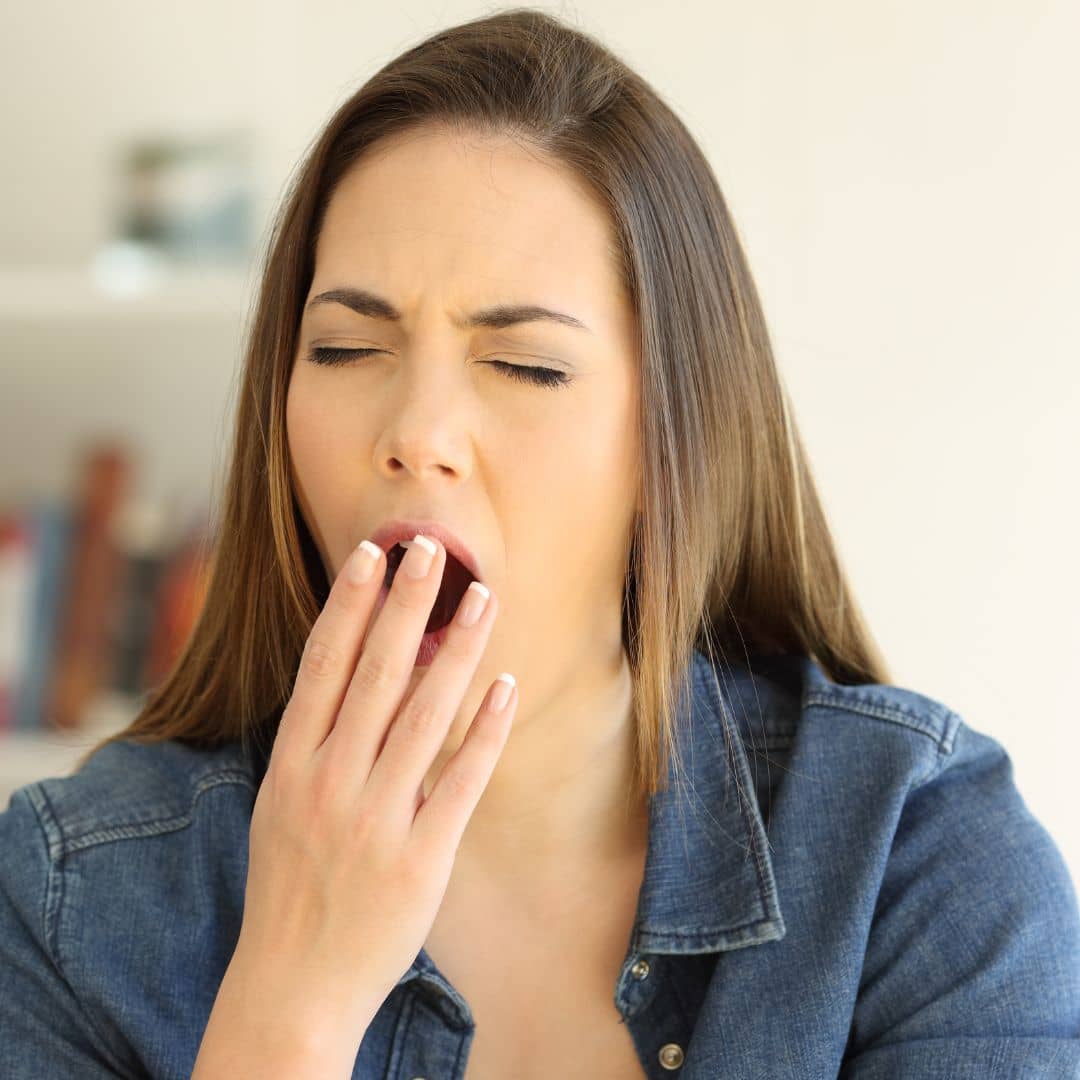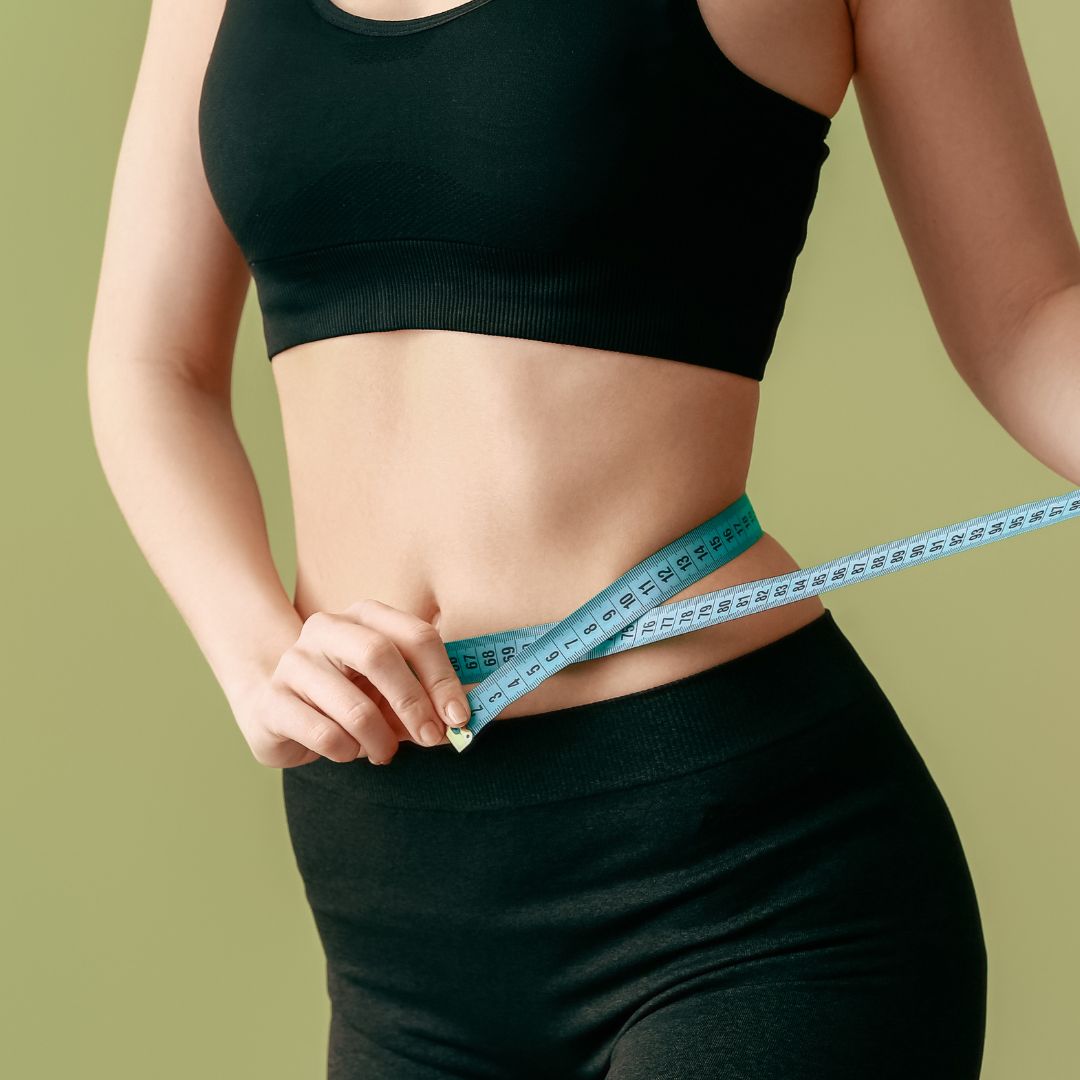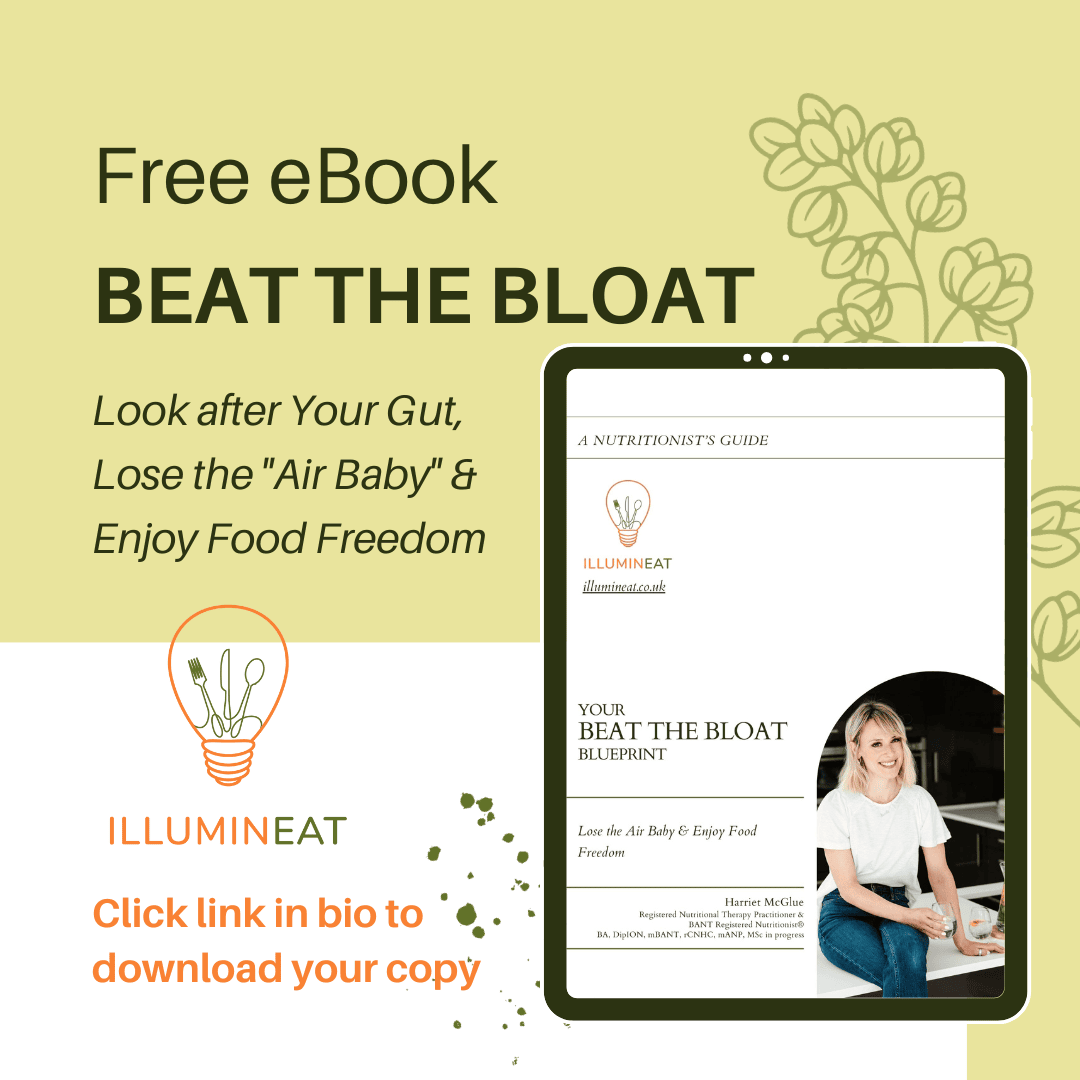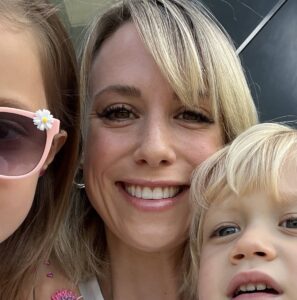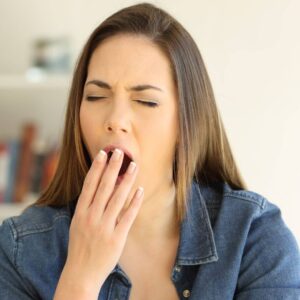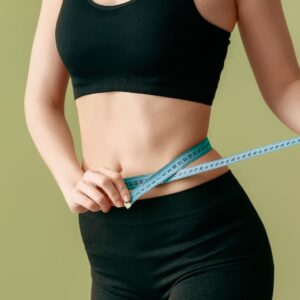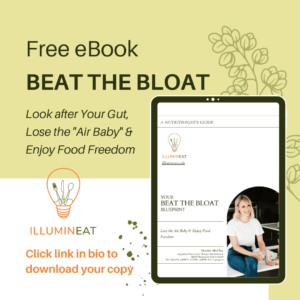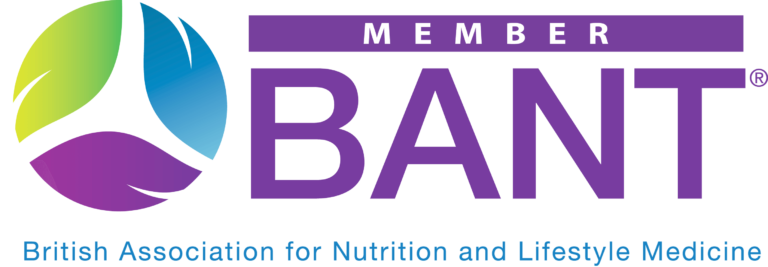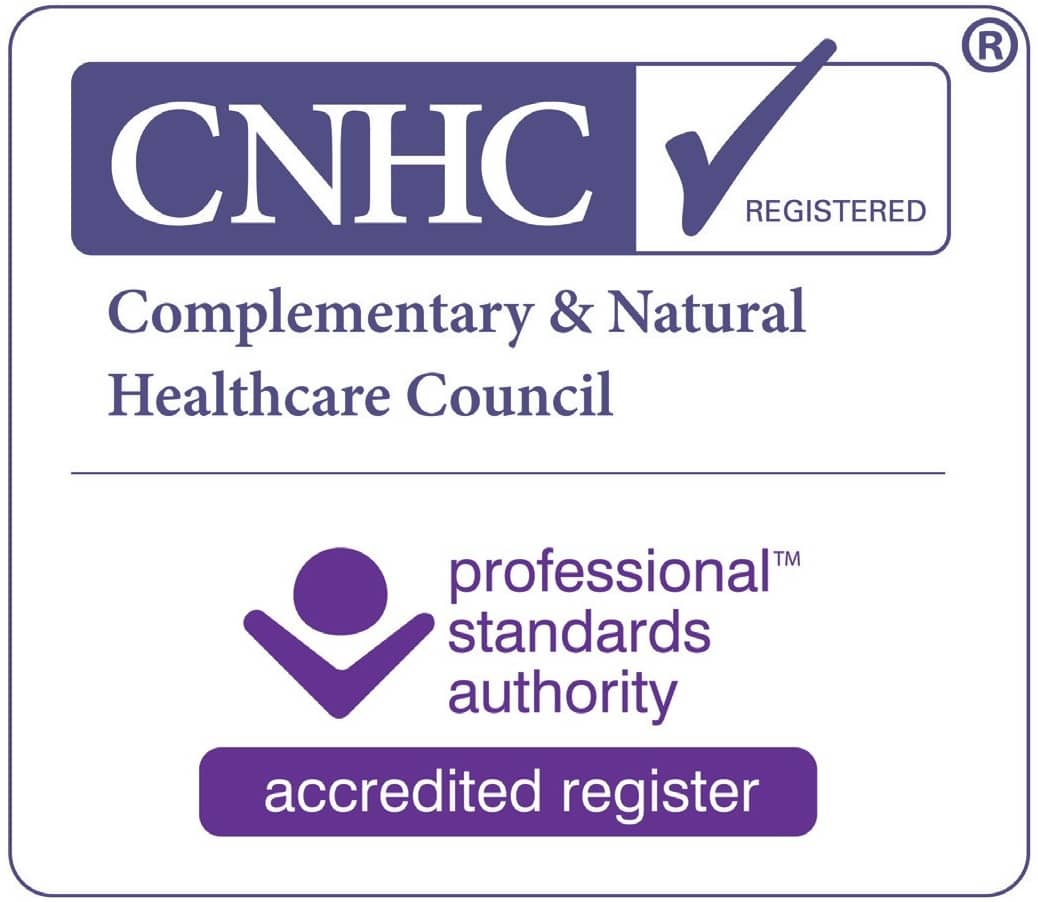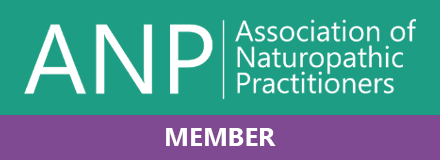For those trying to conceive, this is THE phase in the spotlight, and you need to know what to eat when you’re ovulating! Typically occurring somewhere between days 10-14 of your cycle, your fertile period is 4-5 days before ovulation day and 1-2 days after. Tracking your cycle on an app, noting change to cervical mucus and basal body temperature is the way to go if your cycle is erratic or you don’t know if/when you usually ovulate (unless you’re prepared to spend a lot of cash on ovulation sticks!).
What are our hormones doing?
After an oestrogen peak, we should see a surge in luteinising hormone (LH), which signals the release of the egg from the dominant follicle (i.e. ovulation). Once we’ve ovulated, oestrogen drops back down to baseline and progesterone becomes dominant – until your body clocks on that it’s not pregnant and the cycle starts over. Here’s the thing: If we don’t ovulate, we DO NOT make progesterone. And that’s a big problem – for our fertility and our health! Many women have anovulatory cycles for many reasons – they get a period but they aren’t actually ovulating. Often, they only realise this when trying to conceive…Knowing what to eat when you’re ovulating is a great place to start if you need to get things back in synch.
I should point out here, that a major issue with the contraceptive pill is that it stops ovulation. Yes it provides progestogen – a synthetic form of progesterone – but it works nothing like our natural progesterone hormone. I won’t go down this rabbit hole here, but I urge you to do your research!
How do we feel?
Physically, our energy is at its peak. We tend to feel pretty good – confident, sexy, articulate, social….prepared to ‘put ourselves out there’. On actual ovulation-day, some women do experience mild pain/discomfort which can be normal, as well as some soreness/stiffness in the hips. Endometriosis and other conditions can cause much more severe pain here.
Foods to focus on around ovulation
Low glycemic index carbs (think veggies, minimally processed whole grains, beans, pulses and nuts) are important to stabilise blood sugar levels. Research also points to a diet rich in healthy fats, antioxidant-rich foods (brightly coloured fruit and veg, herbs and spices, nuts) and plant protein as supporting healthy ovulation. Some key nutrients to eat more of when you’re ovulating include:
Omega-3s
These fatty acids support healthy follicles, better egg quality and successful implantation (by boosting nitric oxide and blood flow in the pelvis). A better quality of egg = more lovely progesterone. All of which explains the link wth better fertility outcomes! Research suggests omega 3s may even help prolong reproductive years. Oily fish 2-3 times a week plus an EPA/DHA supplement is often needed to get levels optimal (or an algal supplement for veggies/vegans)
Zinc
This mineral plays a bunch of roles, including in fertilisation (and throughout pregnancy). It supports robust progesterone levels. Research even suggests is can help reduce the severity of period cramps. Quality meats, shellfish, beans, nuts, pumpkin and sunflower seeds all contain good amounts.
Iron
Deficiency is very common in women who have periods. Getting enough iron and having good stores is important for developing ovarian follicles and egg cells
B vitamins
B6, B12 and folate help regulate homocysteine concentrations – a must for healthy ovulation. B6 may help reduce PMS too! Foods high in vitamin B6 include fish, leafy green veg and chickpeas. Animal products are the only sources of B12 so vegans absolutely must supplement. You can find folic acid in eggs, whole grains, sunflower seeds, and beans.
Vitamin D
Again, deficiency or sub-optimal levels are super common in the UK. The NHS recommends we all supplement anyway from October-April, and the research shows supplementing is associated with better ovulation rates. We need it to make sex hormones, induce maturation of egg cells and modulate ovulation.
Keen to optimise your diet and lifestyle throughout your entire cycle? Check out my blogs on How to Eat on your Period and What to Eat in the Follicular Phase.
